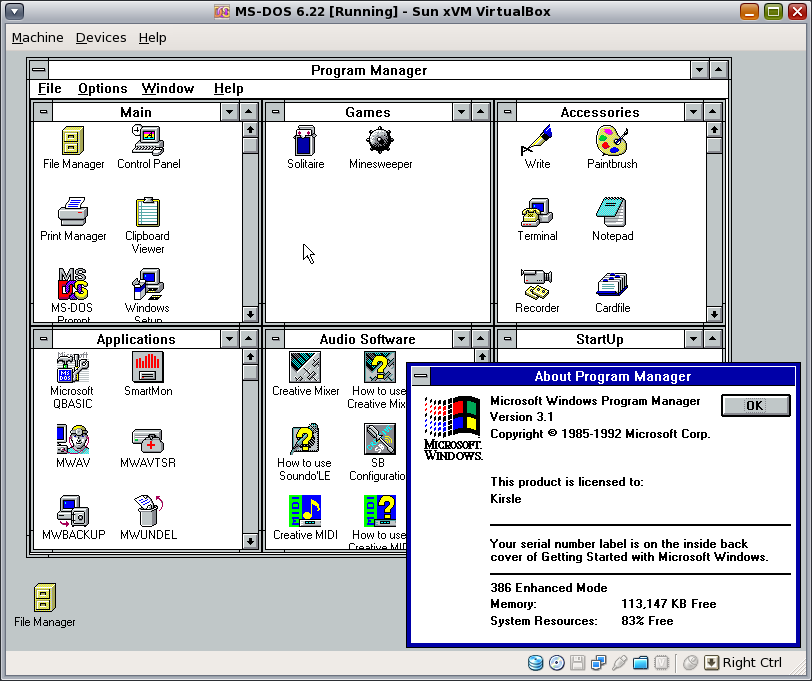Philadelphia's public transportation service provider, the Southeastern Pennsylvania Transportation Authority (SEPTA), is in the process of developing and deploying a tech-heavy fare and payment collection system that will transport riders from the current 1940's system of tokens and paper tickets punched by train conductors to "Smart Cards" and other near-field technology media.
While we won't get into the details about the system itself here, SEPTA's management has been bragging that the new system dubbed "NPT" for New Payment Technologies, will allow riders to pay fares using their smartphones. This isn't revolutionary as one can purchase rides on airplanes and trains/buses in other cities, and has been the case for a few years now. SEPTA's approach is different than Amtrak for example, because of specific technologies deployed. One can purchase an Amtrak ticket now onboard the train through the Amtrak website. After the purchase is complete, the phone will display a barcode which is then scanned by the attendant on the train. The same method of validation is also used by airlines when checking in.
However, SEPTA in their infinite wisdom, decided that barcodes were too "old school" and instead is only utilizing near-field communication (NFC) devices, such as credit cards or smartphones with such capabilities, which today is most Android based devices. But SEPTA staff didn't do their homework, or simply listened to the wrong "geeks". If you don't know what the most common and popular smartphone is today, you've been living under a rock. iPhones never had, and have no plans to add NFC to future models. This means users of the most popular phone on the market are forever locked out from buying fares to ride buses, trolleys and trains in Philadelphia because SEPTA felt barcodes weren't on par with today's "modern" technology.
Instead, this new NFC-NPT system will force train riders to have a smartcard in their pocket in order to pass through newly installed turnstiles in center city and then "tap-out" to a NFC reader at their train station of their final destination. Its an extra step and an investment in alot of station gating devices all because the agency refused to include barcodes as a method of reading a paid fare.
Deployment begins July 2013 with completion in mid 2014. Stay tuned.



